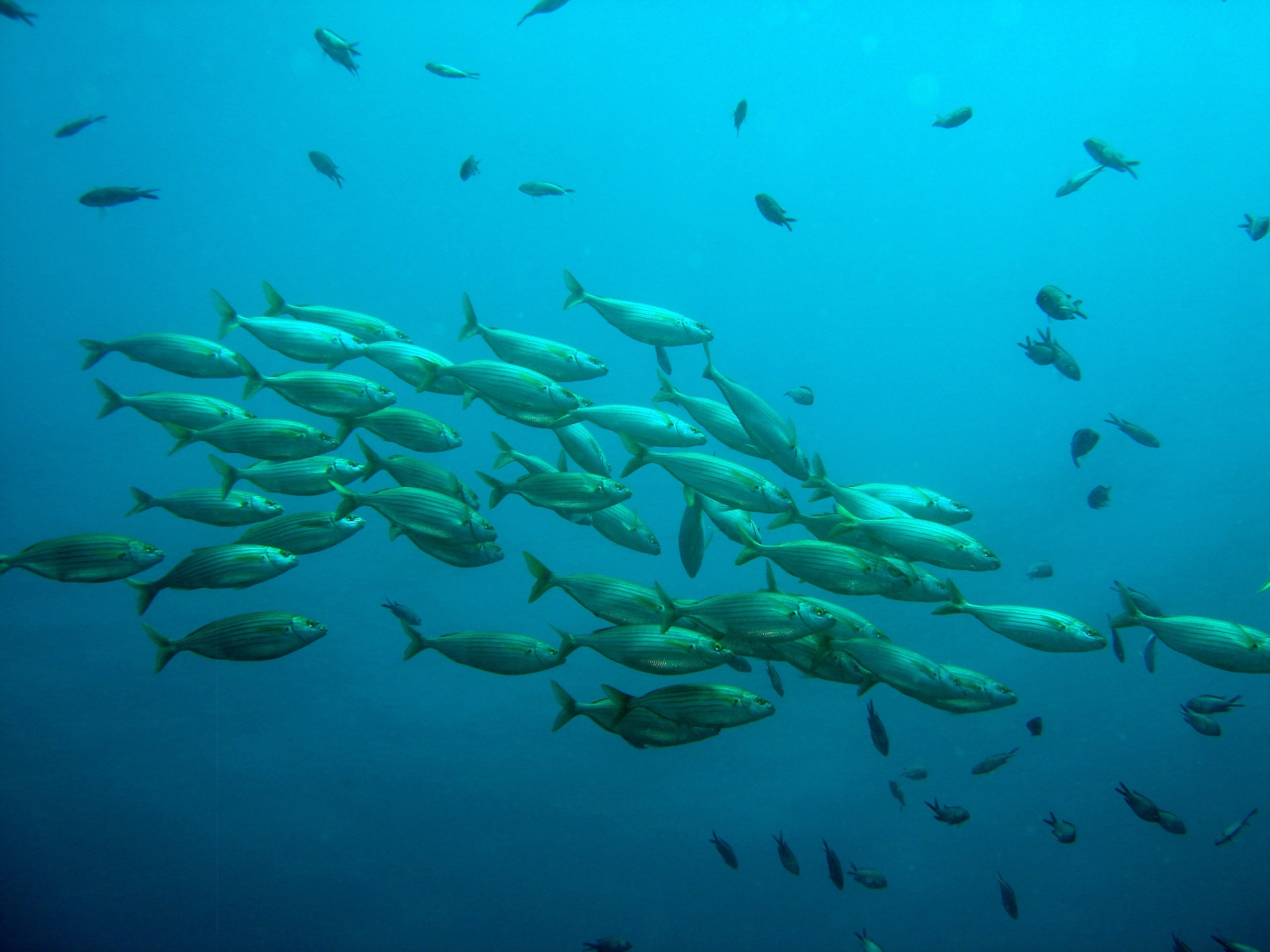Review Article: Operationalising the health aspects of sustainable diets: a review
Shifting towards a more sustainable food consumption pattern is an important strategy to mitigate climate change. In the past decade, various studies have optimised environmentally sustainable diets using different methodological approaches. The aim of the present review was to categorise and summarise the different approaches to operationalise the health aspects of environmentally sustainable diets.








